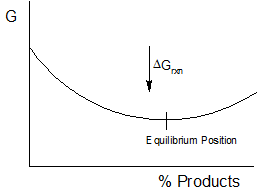When speaking in thermodynamic terms, when is a reaction reversible?
My attempt: A reaction is reversible when $\Delta\text{S} < 0$, because according to the second law of thermodynamics, "in every natural thermodynamic process the sum of the entropies of all participating bodies is increased" (Wikipedia.org), therefore if a reaction is caused and has negative change in entropy, a reversed reaction should be natural.
However, this is not the answer that is absolutely correct, nor a rigid solution or a rule. Can anyone help me out? (I have searched on the internet, and although thermodynamic reasons are preferred, I do not mind answers to be molar or solution chemistry, as long as a thermodynamic approach is included as well or a statement that there is no apparent thermodynamic rule that can be applied to this question.)

